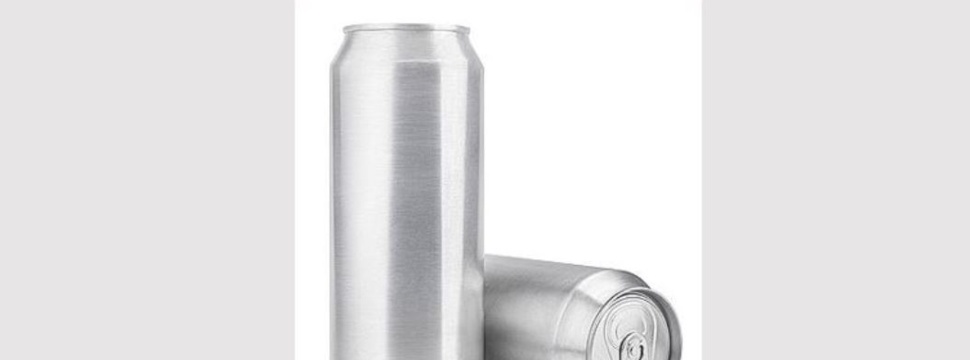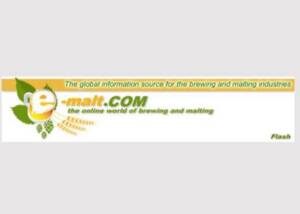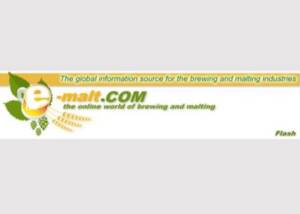Ball plans new beverage can plants in Great Britain and Russia
News General news
Additional capacities support long-term customer growth

Ball Corporation plans to significantly increase its production capacity by building two new beverage can plants in the UK and Russia. From as early as 2023, many billions of additional cans in various shapes and sizes are to come off the production lines annually at both planned locations. When the plants come on stream, up to 200 new jobs will be created in each region in a fast-growing industry of the future. It is not only consumers who are increasingly looking for sustainable packaging alternatives, but also manufacturers who are turning more and more to beverage cans. Both are boosting the demand for aluminium packaging.
The new British plant is to be built in Northamptonshire (SEGRO Park Kettering Gateway) in central England. The ground-breaking ceremony is expected to take place later this year. The planned plant will be Ball's third production facility in the UK and will complement capacity at existing sites in Milton Keynes and Wakefield. It will supply aluminium cans for domestic customers and their growing range of products - including hard seltzers, wines, ready-to-drink cocktails and various flavoured and unflavoured waters.
Beers and energy drinks in particular are driving strong market growth in Russia. In order to be able to meet this demand in the future, Ball is planning to build a plant in Ulyanovsk in western Russia. This location will bring the total number of production facilities in Russia to four. The other plants are Naro-Fominsk in the Moscow region, Vesvolozhsk in the St. Petersburg region and Argayash in the Chelyabinsk region.
"We are acting now to support our customers in the UK and Russia," said Carey Causey, President, Ball Beverage Packaging EMEA. "Demand for aluminium packaging that can be recycled over and over again without loss of quality is increasing across many beverage categories. Consumer behaviour has also changed - not least due to the pandemic: People are increasingly enjoying their favourite drinks at home or on the go; and they are specifically looking for drinks in packaging that is actually recycled and contributes to a true circular economy."
The aluminium can is the most recycled packaging worldwide. In Europe, the recycling rate is currently 76 per cent, and in Germany more than 99 per cent of all cans are recycled.










